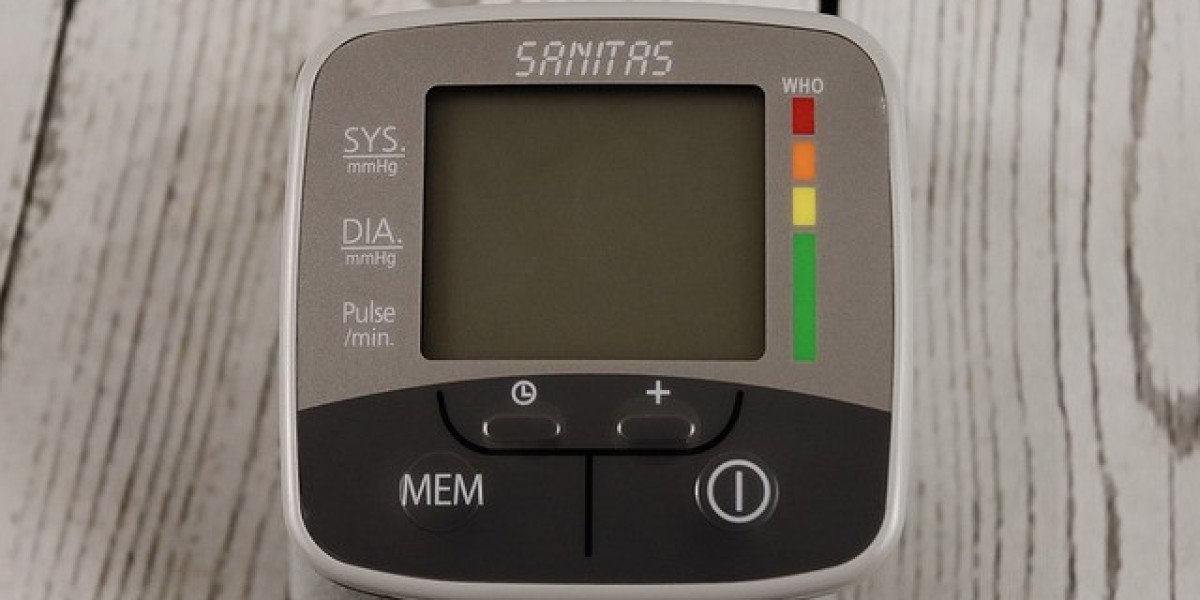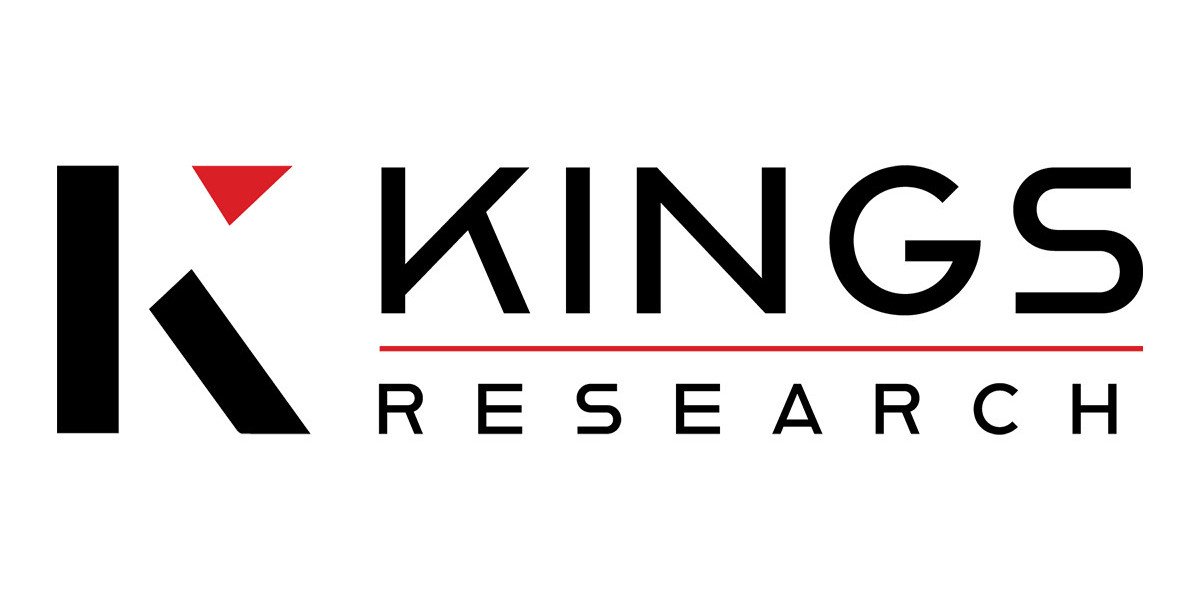The healthcare landscape in the Middle East is rapidly evolving, with intracranial pressure (ICP) monitors emerging as a critical tool in managing neurological conditions. By 2025, the market for ICP monitors in the region is expected to experience significant growth, driven by advancements in medical technology, an increase in the prevalence of traumatic brain injuries (TBI), and a rising awareness of neurological disorders.
Key Drivers of Growth in the ICP Monitors Market
The rising incidence of neurological conditions, such as brain trauma, hydrocephalus, and intracranial hemorrhages, has been a major driver of demand for ICP monitors. According to recent reports, road traffic accidents—a leading cause of TBI—are particularly high in the Middle East. Coupled with the region's expanding healthcare infrastructure, governments and private healthcare providers are prioritizing investments in cutting-edge medical devices to improve patient outcomes.
In addition, the growing geriatric population in countries like the UAE and Saudi Arabia has contributed to the increased need for neuro-monitoring solutions. Age-related neurological disorders, such as strokes and brain tumors, necessitate precise monitoring of intracranial pressure to prevent complications and enhance recovery.
Technological Advancements Boosting Adoption
The introduction of minimally invasive and non-invasive ICP monitoring technologies has transformed the way healthcare providers manage critical neurological cases. Devices like fiber-optic monitors, micro-transducers, and advanced catheter-based systems have improved diagnostic accuracy while minimizing patient discomfort.
Moreover, remote monitoring capabilities and integration with telemedicine platforms are gaining traction in the region. This trend aligns with the Middle East's broader digital health initiatives, where governments are pushing for smart healthcare systems. These innovations not only enhance the efficiency of ICP monitoring but also reduce hospital stays, further driving demand.
Leading Markets in the Region
Saudi Arabia and the UAE are poised to dominate the ICP monitors market by 2025. Both nations are heavily investing in healthcare infrastructure, supported by government initiatives like Saudi Vision 2030 and the UAE National Agenda. These programs aim to modernize the healthcare system and encourage the adoption of advanced medical technologies.
Countries like Qatar, Kuwait, and Oman are also witnessing steady growth, driven by increasing public and private sector collaboration. Meanwhile, the ongoing expansion of specialized neurology centers across the region is creating opportunities for global and regional market players.
Challenges and Opportunities
Despite the optimistic outlook, the ICP monitors market in the Middle East faces several challenges. High costs associated with advanced monitoring devices may limit accessibility, especially in low-income areas. Additionally, the lack of skilled professionals trained to operate these devices remains a barrier to widespread adoption.
However, these challenges also open doors for innovation and partnerships. Medical device manufacturers can explore cost-effective solutions and training programs tailored to the region's needs. Collaborating with local healthcare providers and policymakers can further bridge the gap, ensuring equitable access to life-saving technologies.
For More Info https://www.gmiresearch.com/report/middle-east-intracranial-pressure-monitors-market-icp/
Looking Ahead
By 2025, the Middle East's intracranial pressure monitors market is expected to witness robust growth, driven by a combination of technological innovation, increased healthcare investment, and heightened awareness of neurological disorders. As governments and healthcare providers continue to prioritize patient-centric care, the demand for ICP monitors is likely to soar.
For stakeholders in the healthcare industry, the Middle East presents a promising landscape for expansion and innovation. By addressing challenges and leveraging opportunities, the region can establish itself as a leader in advanced neuro-monitoring solutions, improving patient outcomes and saving lives.









